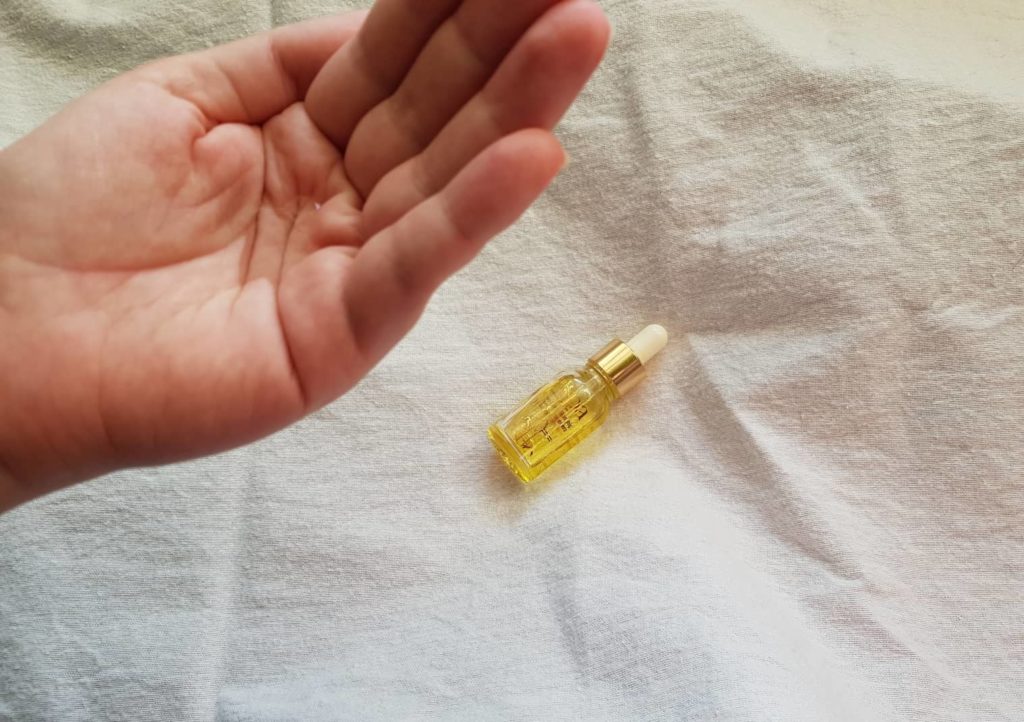Toenail fungus, also known as onychomycosis, is a common fungal infection that affects people of all ages. Toenail fungus can be difficult to treat, but there are a number of natural remedies and lifestyle changes that can help. Read on to learn more about the causes, symptoms, and treatment options for toenail fungus.
What Causes Toenail Fungus?
Toenail fungus, also known as onychomycosis, is an infection caused by dermatophyte fungi. Dermatophytes are one of the most common types of fungi that can live on the surface of the skin and nails. They commonly cause skin and nail infections in moist, warm environments. Toenail fungus can also be caused by certain health conditions, such as diabetes or a weak immune system.
Toenail fungus is most likely to occur when you frequently wear tight shoes or socks, when your feet get wet often, or if you have poor hygiene habits. Other factors that may increase your risk of a toenail fungus include trauma or injuries to your toenails, or sharing contaminated towels or shower equipment with someone who has a fungal infection.

- Whole30 meal plan with 21 recipes
- Food lists (what to eat and what to avoid)
- 31 Things to Avoid on Food Labels
- Whole30 food trackers
- Grocery Lists. Challenges. Symptoms Tracker
It is important to take preventative measures to reduce your risk of developing toenail fungus. This includes wearing shoes that fit properly, changing your socks regularly, and keeping your feet dry. Additionally, it is important to practice good hygiene habits, such as washing your feet daily and drying them thoroughly. If you notice any signs of toenail fungus, it is important to seek medical attention as soon as possible to prevent the infection from spreading.
Symptoms of Toenail Fungus
Some of the tell-tale signs of toenail fungus include discolored and thickened nails, white spots or streaks on the nails, an unpleasant odor coming from the nails, and pain or discomfort in the affected area. It’s important to note that these symptoms may also be signs of other conditions and it’s best to seek treatment from a doctor if you are uncertain.
If you suspect you have toenail fungus, it’s important to seek treatment as soon as possible. Left untreated, toenail fungus can cause the nail to become brittle and break off, and can even spread to other nails or to the skin. Treatment options vary depending on the severity of the infection, but may include topical or oral medications, laser therapy, or surgery.

Natural Treatments for Toenail Fungus
Fortunately, there are several natural remedies and lifestyle changes that may help treat and prevent toenail fungus. Some of these include:
Tea Tree Oil
Tea tree oil has natural anti-fungal properties that can help to treat toenail fungus. You can apply tea tree oil directly to affected nails using a cotton swab or add a few drops to a warm foot bath. It’s important to remember to wear gloves when applying tea tree oil so you don’t spread the infection to other nails. Read more on how to use essential ois to treat toenail fungus.
Oregano Oil
Another natural antifungal remedy is oregano oil. Oregano oil can be taken orally in capsule form or applied directly to the affected nail. Be sure to use a carrier oil such as olive or coconut oil to dilute oregano oil before applying as it can be very strong.
Apple Cider Vinegar
Apple cider vinegar is known for its antimicrobial and antifungal properties, making it an effective remedy for treating toenail fungus. To use apple cider vinegar, dilute two tablespoons in a cup of warm water and soak your feet in the solution for 10 minutes two times a day. You can also use apple cider vinegar topically by applying it directly to the affected area with a cotton swab.

Coconut Oil
Coconut oil can help to reduce inflammation caused by the infection and helps to keep skin moisturized. To use coconut oil for toenail fungus, apply it directly to the nail twice a day. You may need to use a carrier oil such as olive or almond oil in order to dilute the coconut oil as it can be quite strong.
Baking Soda
Baking soda has antifungal properties that make it an effective remedy for treating toenail fungus. To use baking soda, mix one part baking soda with two parts water and apply it directly to your affected nail with a cotton swab. Allow it to sit on the nail for 10 minutes before rinsing with warm water.
Garlic
Garlic is known for its anti-inflammatory and antifungal properties, making it an effective treatment for treating toenail fungus. You can take garlic orally in capsule form or apply fresh garlic directly to the affected nail by mincing one clove and rubbing it over the nail. Be sure to apply a carrier oil such as coconut or olive oil before applying fresh garlic as it can be quite strong.
Lifestyle Changes
In addition to natural remedies, making lifestyle changes can also help to prevent and treat toenail fungus. Wear breathable shoes and socks to keep your feet dry and avoid walking barefoot in public areas. Additionally, keep your nails trimmed and clean to reduce the risk of infection.
Prevention Tips for Toenail Fungus
To help reduce the risk of developing toenail fungus, it’s important to practice good hygiene habits. Be sure to keep your feet clean and dry at all times, wear socks made of breathable materials, wear shoes that fit properly, and avoid sharing personal footwear or shower equipment with others. Additionally, try not to wear wet socks or shoes for long periods of time as this can increase your risk of developing an infection.
It is also important to keep your toenails trimmed and filed regularly. This will help reduce the risk of bacteria and fungus from accumulating under the nails. Additionally, if you have any cuts or scrapes on your feet, be sure to clean and cover them with a bandage to prevent any potential infections.
When to See a Doctor
If you suspect you may have a fungal infection, it’s important to seek medical attention right away. Toenail fungus can be difficult to diagnose and may require further testing or evaluation. Additionally, if the infection persists after trying self-care treatments, or if you develop other symptoms such as fever, then it’s important to get medical treatment right away.
With timely treatment and proper care, toenail fungus can generally be treated effectively with natural remedies. If you are looking for more information about natural treatments for toenail fungus or if you have any questions about your own health, please speak with your doctor.
Your doctor may recommend a topical antifungal medication or an oral antifungal medication to treat the infection. It is important to follow your doctor’s instructions carefully and to finish the entire course of treatment, even if the infection appears to have cleared up. This will help to ensure that the infection is completely eliminated and does not return.







